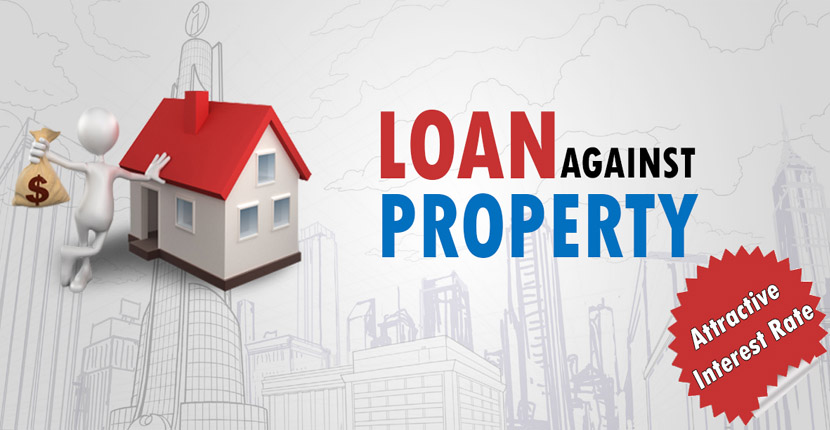Loan Against Property (LAP)
A Loan Against Property (LAP) is a secured loan that allows property owners to leverage the value of their assets to gain access to financing. By pledging residential, commercial, or industrial property as collateral, individuals and businesses can secure a loan with attractive interest rates, flexible repayment terms, and high loan amounts based on the property’s market value.
A Loan Against Property offers an excellent opportunity for property owners to unlock substantial funds at favorable interest rates, with the flexibility to use the loan for diverse purposes. By understanding the loan structure, eligibility, and benefits, borrowers can leverage their property’s potential to achieve personal and business milestones. This financing tool is not just a source of capital but also a strategic asset for sustainable growth.
- High Loan Amount
- Competitive Interest Rates
- Flexible Tenure
- Multi-purpose Loan
- Retaining Ownership of Property

How to Apply for a Loan Against Property
1 : Check Eligibility and Loan Amount
3 : Prepare Documentation
5 : Property Evaluation and Approval
2 : Compare Lenders and Loan Offers
4 : Submit the Application
6 : Disbursement of Funds
Benefits of Business Loans
LAP is ideal for those needing substantial funds for business expansion, weddings, education, or large personal expenses. The loan amount often surpasses that of other personal or business loans due to the high-value collateral.
The secured nature of LAP ensures lower interest rates compared to unsecured loans, helping borrowers save significantly on interest over time.
LAP offers certain tax benefits when used for business purposes. Interest paid on the loan can be deducted as a business expense, helping reduce taxable income. In some cases, LAP taken for educational purposes may also be eligible for tax deductions under certain conditions.
With flexible repayment terms, LAP offers borrowers the ability to repay over an extended period, which can lower monthly payments and ease financial burden.
Unlike selling property, a Loan Against Property allows you to retain ownership while accessing its value, ensuring that the property’s potential appreciation remains with you over time.ain types of business loan interest payments are tax-deductible, offering a financial advantage to businesses by reducing their taxable income and increasing net profits.